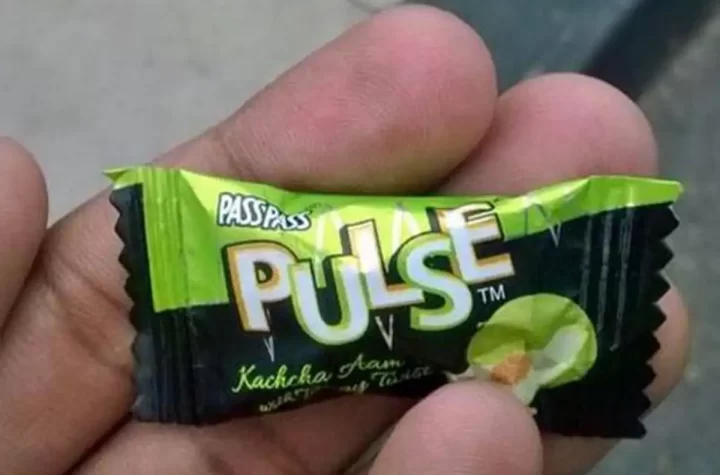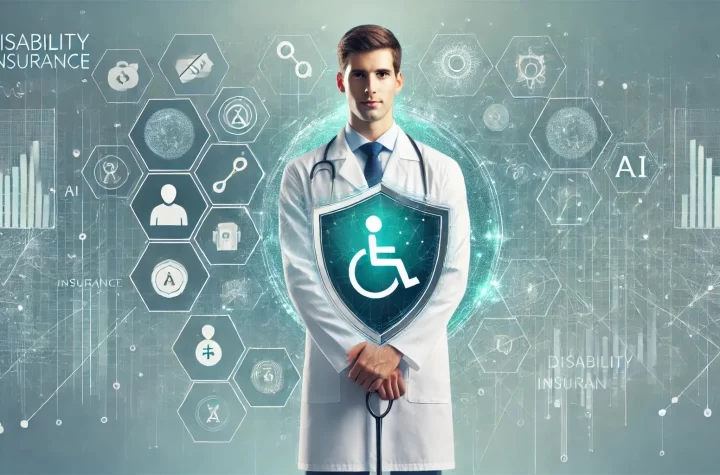
Bankruptcy is in most countries, the legal status of a person that cannot repay their debts they owe. In some countries this can also apply to the status of a company. Bankruptcy is usually imposed by a court order by the presentation of a Petition to File for Bankruptcy.
Filing for bankruptcy relief could assist you in getting out of debt. Based on the chapter you file, you would be able to –
- Stop foreclosure, lawsuits, repossession, and other collection activities
- Eliminating your liability for most kinds of debts
- Reorganizing your debts and catching up on missed payments
Stop collection activities with an automatic stay
Rest assured that an automatic stay is a powerful order going into effect as soon as you file for bankruptcy with the assistance of Charleston, WV bankruptcy attorney. The stay would prevent several creditors from starting or continuing collection activities against you. It comes with a few exceptions such as with an automatic stay in place –
- the creditors cannot sue you
- foreclose on or repossess your property
- deduct from your wages
- send you letters of collection
- call you for collection of debts
However, specific activities inclusive of criminal actions or a collection of support obligations could continue moving forward.
Eliminating most kinds of debt
The major reason most people look forward to filing for bankruptcy would be to wipe out debt. On receiving a bankruptcy discharge, it eliminates your liability to payback most obligations inclusive of personal loans, medical bills, and credit card debts.
However, not all debts could be discharged by filing for bankruptcy. Common examples of non-dischargeable debts would be inclusive of –
- child support and alimony
- recent tax obligations
- debts received by fraud
- student loans
Avoid repossession or foreclosure
When facing repossession or foreclosure, the automatic stay in bankruptcy could stop the process and provide you adequate time to negotiate with the lender or bringing our account current. For those unable to cure their account in a short span, they could catch up on payments and keep your home by filing for Chapter 13 bankruptcy.
Reorganizing your debts and catching up on missed payments
Chapter 13 bankruptcy or reorganization bankruptcy enables a debtor –
- to catch up on missed mortgage
- to catch up on car loan payments, and
- to pay off non-dischargeable debts
Based on your income and amount of debt, Chapter 13 repayment plans could last from three to five years.
The automatic stay would stop your lender from foreclosing on or repossessing your property, as long as you continue making payments. However, unless you were paying off the entire obligation through your plan, consider making your ongoing loan or mortgage payments while catching up on your pending payments in your bankruptcy.
Your inability to make regular payments on the due date could render the lender filing a motion for relief against the stay. They could seek the permission of the court to resume repossession or foreclosure.




